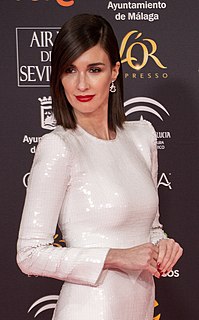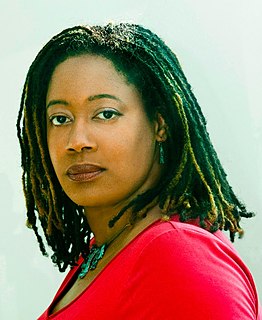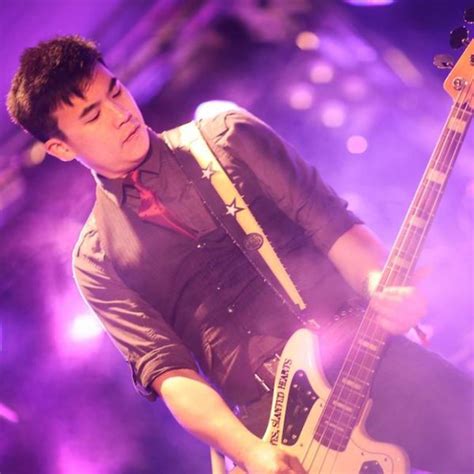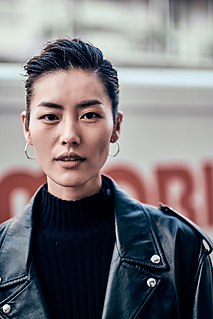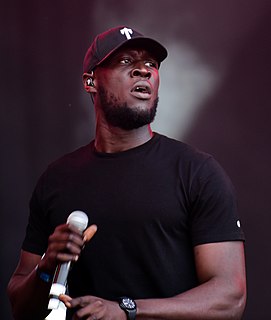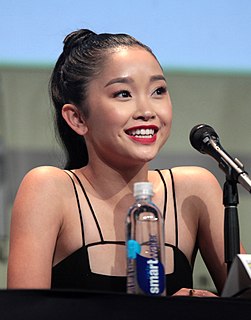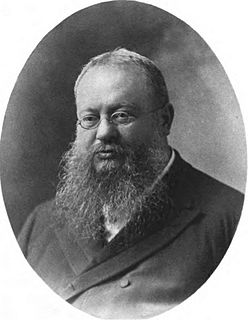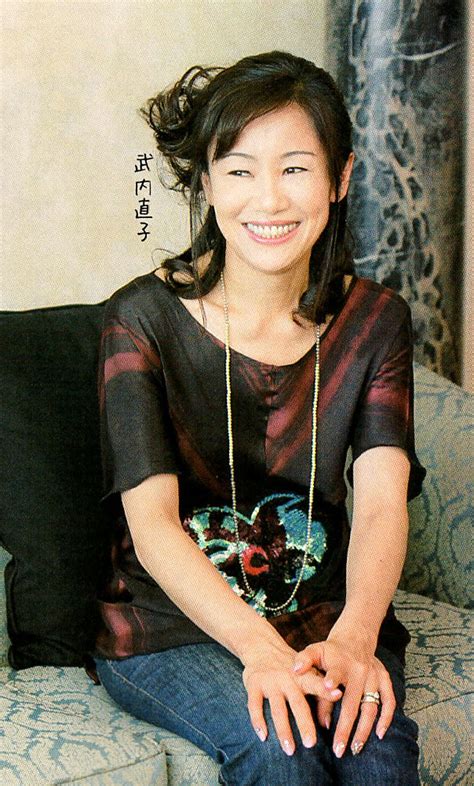A Quote by Paz Vega
Asian people have a unique way about them and a different sense of beauty. It's exotic to me. I like they way Asians project their feelings. There's a hardness to the culture, but at the same time there's a delicateness.
Related Quotes
Calling something exotic emphasizes its distance from the reader. We don't refer to things as exotic if we think of them as ordinary. We call something exotic if it's so different that we see no way to emulate it or understand how it came to be. We call someone exotic if we aren't especially interested in viewing them as people - just as objects representing their culture.
The average person might articulate them differently, but we all think about interpersonal relationships in one way or another. Writers just express that in different ways and capture it in different ways. To some degree, we're all thinking about the same things. It's the zeitgeist. The trick, in a way, as a writer, is to hope that your interests in some sense link up with the culture around you.
I started asking friends, my white friends around, I said, "What's something that you think all Asians have in common?" They almost always immediately said, "Slanted eyes." I thought that's really interesting. No. 1, it simply isn't true. Not all Asian Americans have slanted eyes, and of course, Asians aren't the only ethnic identities to have them. No. 2, we could talk about our slant on life and what it's like to be people of color, while at the same time, using this outdated and obscure racial slur, and turning it on its head.
I think it's what we've always tried to do, is just find a unique way in, and find a unique way to be true to what the character is from the comics and what fans are aware of and expecting. And at the same time do it in a way that mainstream audiences and as wide an audience as possible can find their own way into it.
I always feel like people misunderstand the difference between an Asian story and an Asian-American story. That's completely different, too. I have friends who grew up in Asia, and our experiences are so different. Even though we might look the same, I feel like being Asian and then being Asian-American is completely different.
The people of the world, all of them, whether it is the different race or the different language or the different lifestyle, tend to only think about what we cannot share. But our brains are all the same. We are the same people. With everyone’s strength, we can all share the same feelings. That much is obvious. But it won’t come easily.
